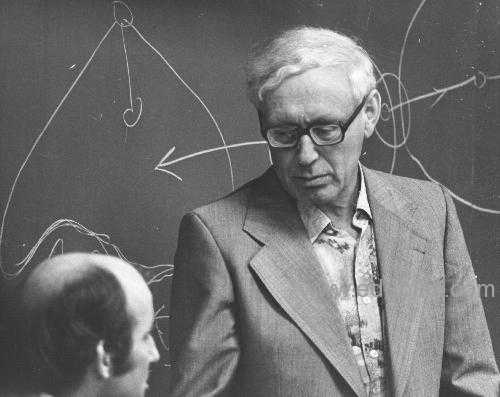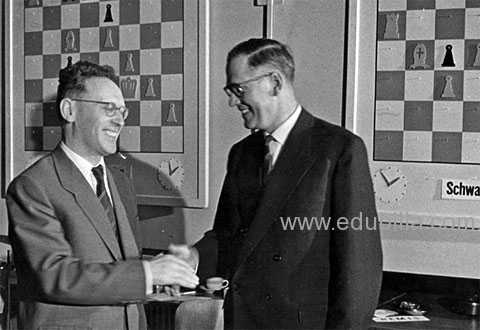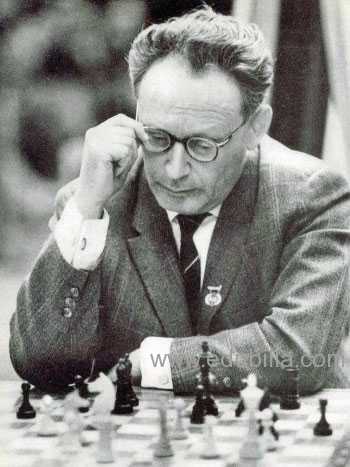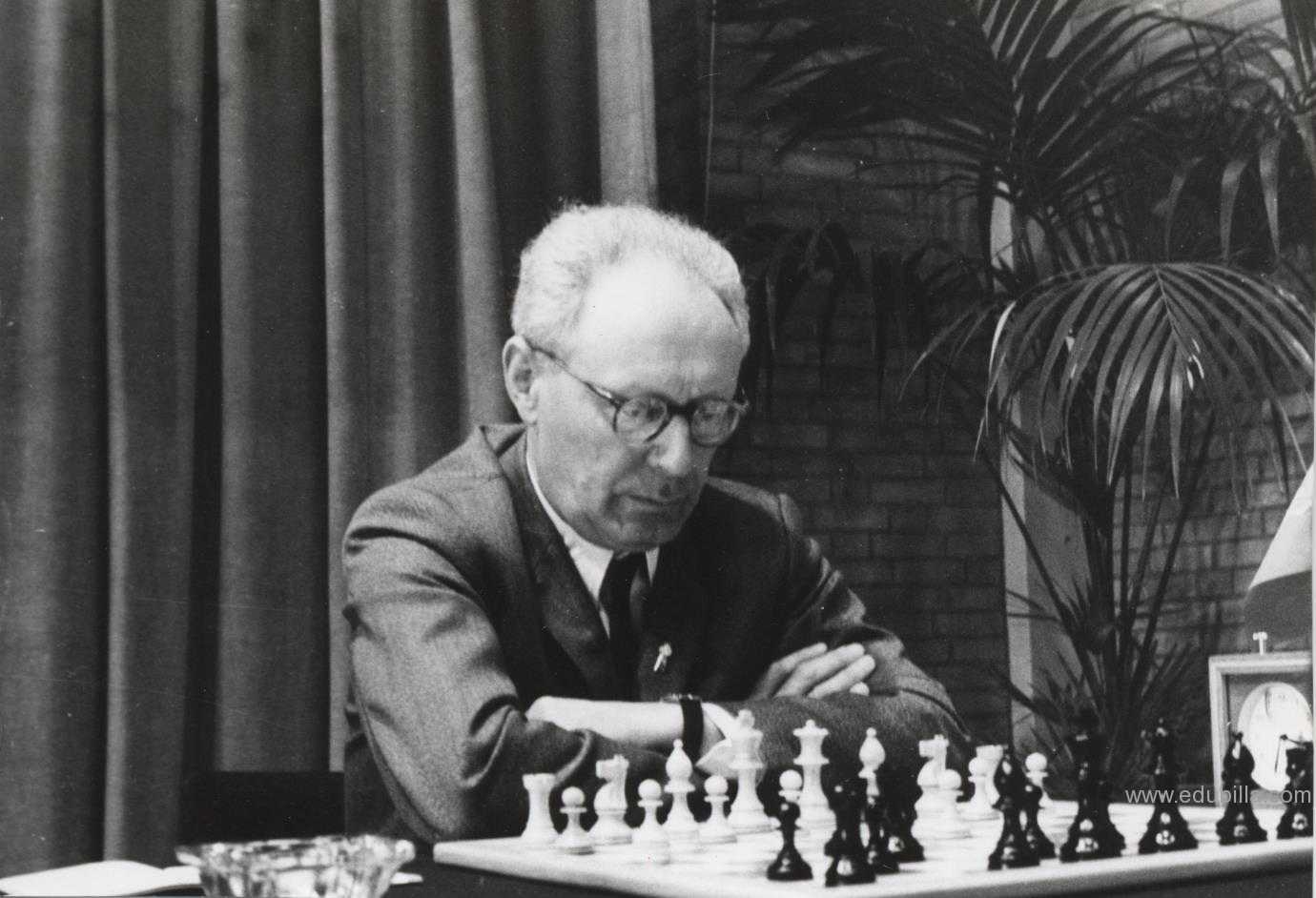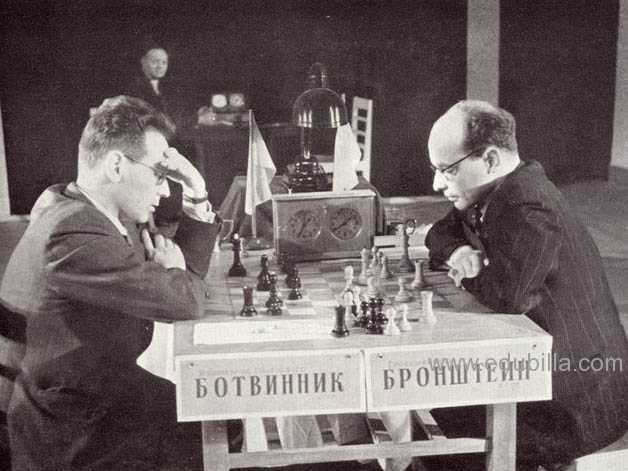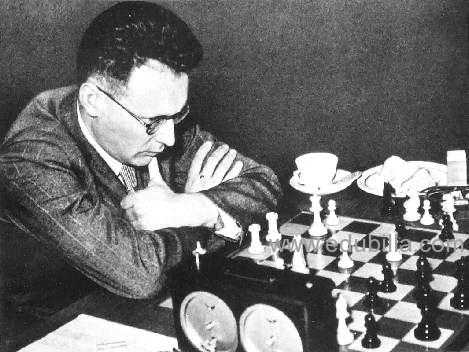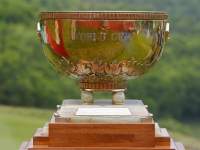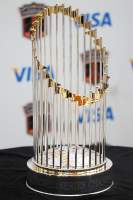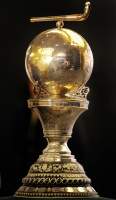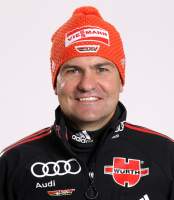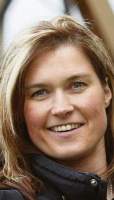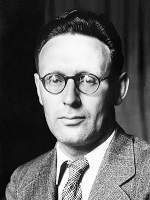
Mikhail Botvinnik
About Mikhail Botvinnik
Mikhail Moiseyevich Botvinnik was a Soviet and Russian International Grandmaster and three-time World Chess Champion, widely considered one of the greatest chess players of all time. Working as an electrical engineer and computer scientist at the same time, he was one of the very few professional chess players who achieved distinction in another career while playing top-class competitive chess. He was also a pioneer of computer chess.
Chess Career:
- Botvinnik was the first world-class player to develop within the Soviet Union, putting him under political pressure but also giving him considerable influence within Soviet chess. From time to time he was accused of using that influence to his own advantage, but the evidence is unclear and some suggest he resisted attempts by Soviet officials to intimidate some of his rivals.
- Botvinnik also played a major role in the organization of chess, making a significant contribution to the design of the World Chess Championship system after World War II and becoming a leading member of the coaching system that enabled the Soviet Union to dominate top-class chess during that time. His famous pupils include World Champions Anatoly Karpov, Garry Kasparov and Vladimir Kramnik.
- Botvinnik was selected for the Soviet Olympiad team from 1954 to 1964 inclusively, and helped his team to gold medal finishes each of those six times. At Amsterdam 1954 he was on board one and won the gold medal with 8/11. Then at home for Moscow 1956, he was again board one, and scored 9/13 for the bronze medal.
- Botvinnik also played twice for the USSR in the European Team Championship. At Oberhausen 1961, he scored 6/9 for the gold medal on board one. But at Hamburg 1965, he struggled on board two with only 3½/8. Both times the Soviet Union won the team gold medals.
- In spring 1939, Botvinnik won the USSR Championship, and his book on the tournament described the approach to preparation which he had been developing since 1933. One striking feature of this was emphasis on opening preparation in order to gain a permanent positional advantage in the middle game, rather than seeking immediate tactical surprises that could only be used once.
- Botvinnik won further Soviet Championship titles in 1939, 1944, 1945, and 1952, bringing his total to six. In 1945 he dominated the tournament, scoring 15/17; however, in 1952 he tied with Mark Taimanov and won the play-off match.
- In 1943, after a two-year lay-off from competitive chess, Botvinnik won a tournament in Sverdlovsk, scoring 1½ out of 2 against each of his seven competitors – who included Smyslov, Vladimir Makogonov, Boleslavsky, and Ragozin.Chessbase regards this as one of the fifty strongest tournaments between 1851 and 1986.
- Botvinnik won the 1952 Soviet Championship (joint first with Mark Taimanov in the tournament, won the play-off match).He included several wins from that tournament over the 1952 Soviet team members in his book Botvinnik's Best Games 1947–1970, writing "these games had a definite significance for me".In 1956, he tied for first place with Smyslov in the 1956 Alexander Alekhine Memorial in Moscow, despite a last-round loss to Keres.
Mikhail Botvinnik Achievements
Electrical engineering:
Engineering was as much of a passion for Botvinnik as chess – at Nottingham in 1936, where he had his first major tournament win outside the USSR, he said "I wish I could do what he's done in electrical engineering" (referring to Milan Vidmar, another grandmaster).He was awarded the Order of the Badge of Honour for his work on power stations in the Urals during World War II (while he was also establishing himself as the world's strongest chess player). He earned his doctorate in electrical engineering in 1951.In 1956, he joined the Research Institute for Electrical Energy as a senior research scientist.
Computer chess:
In the 1950s Botvinnik became interested in computers, at first mainly for playing chess but he later also co-authored reports on the possible use of artificial intelligence in managing the Soviet economy.Botvinnik's research on chess-playing programs concentrated on "selective searches", which used general chess principles to decide which moves were worth considering. This was the only feasible approach for the primitive computers available in the Soviet Union in the early 1960s, which were only capable of searching three or four half-moves deep (i.e. A's move, B's move, A's move, B's move) if they tried to examine every variation. Botvinnik eventually developed an algorithm that was reasonably good at finding the right move in difficult positions, but it often missed the right move in simple positions, e.g. where it was possible to checkmate in two moves. This "selective" approach turned out to be a dead end, as computers were powerful enough by the mid-1970s to perform a brute-force search (checking all possible moves) several moves deep and today's vastly more powerful computers do this well enough to compete against human world champions.However, his PIONEER program contained a generalized method of decision-making that, with a few adjustments, enabled it to plan maintenance of power stations all over the USSR.On September 7, 1991 Botvinnik was awarded an honorary degree in mathematics of the University of Ferrara (Italy) for his work on computer chess.
